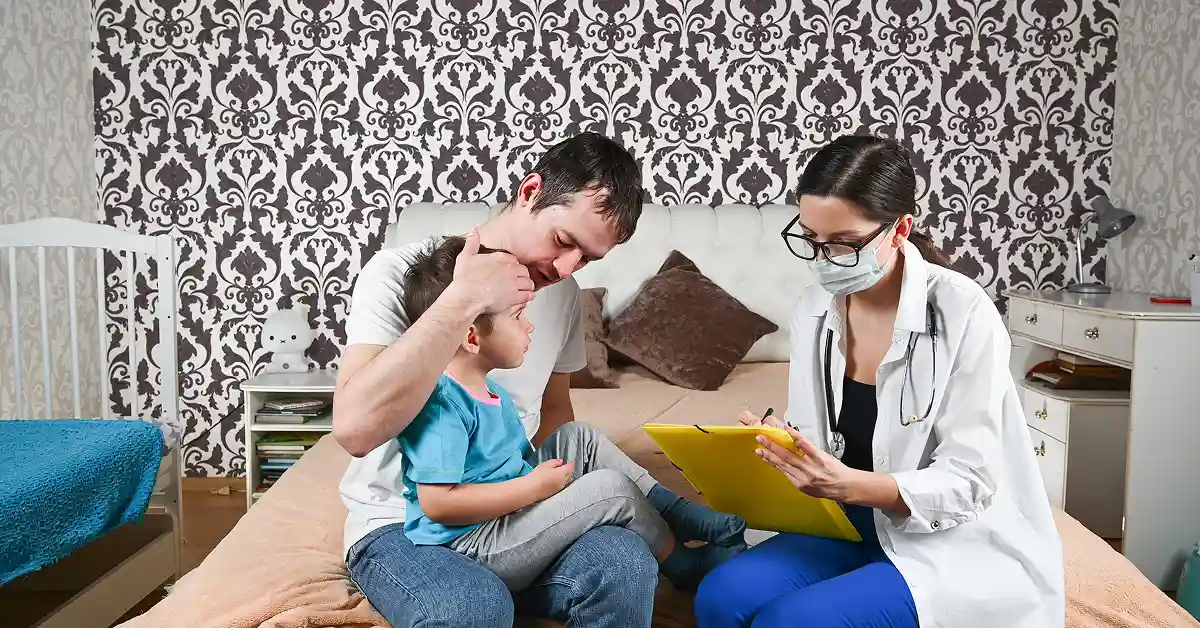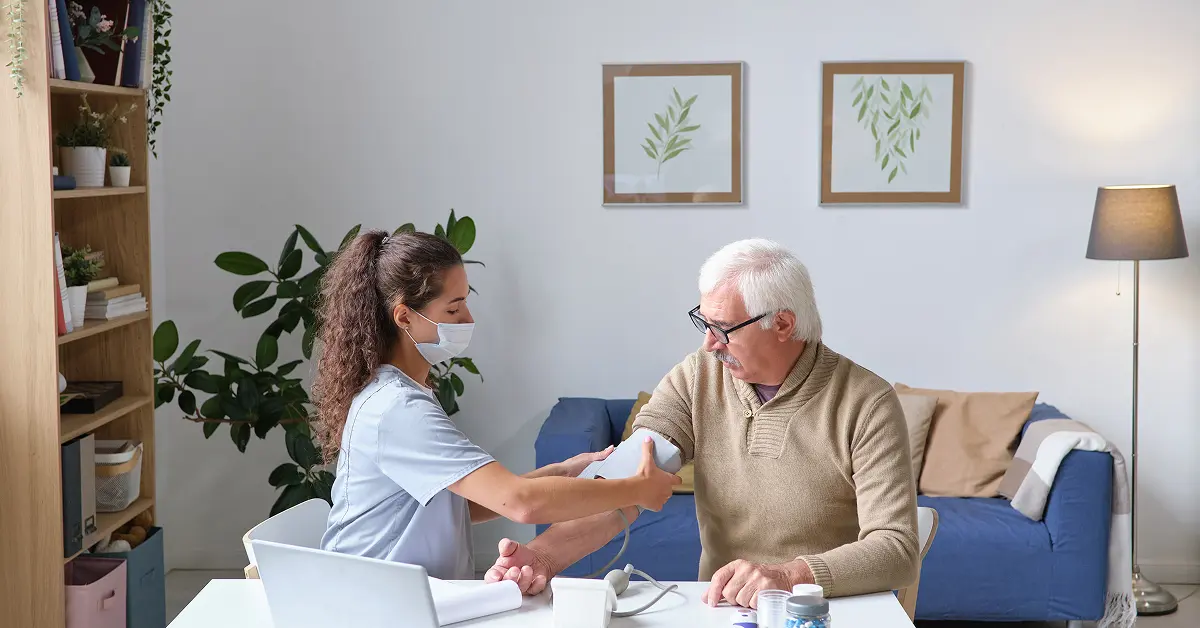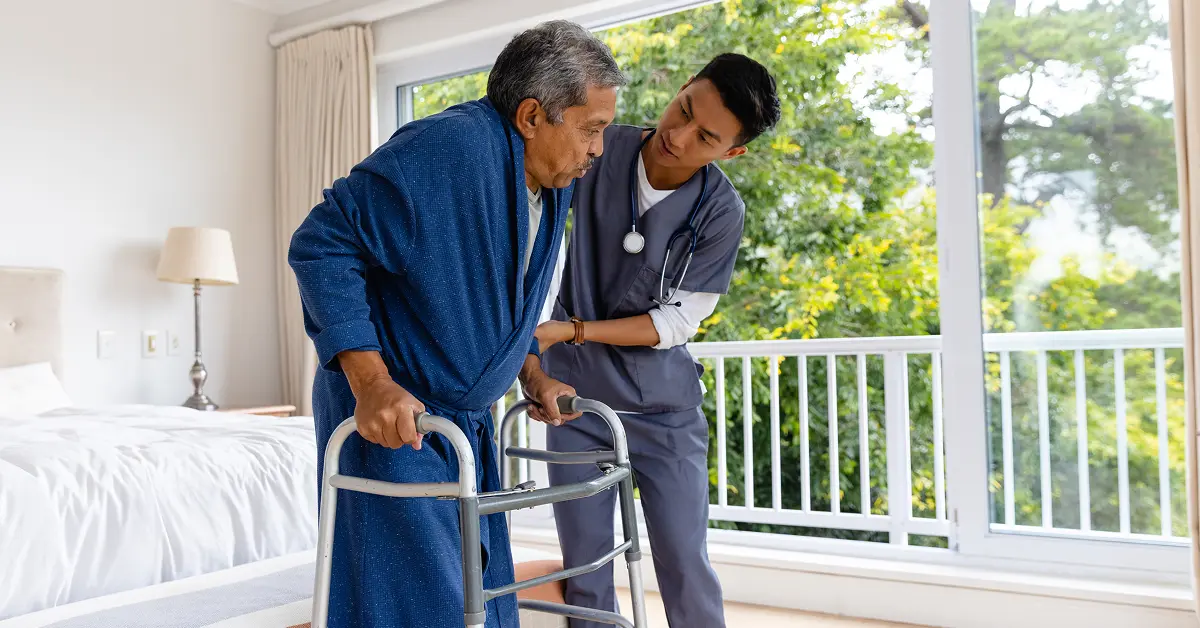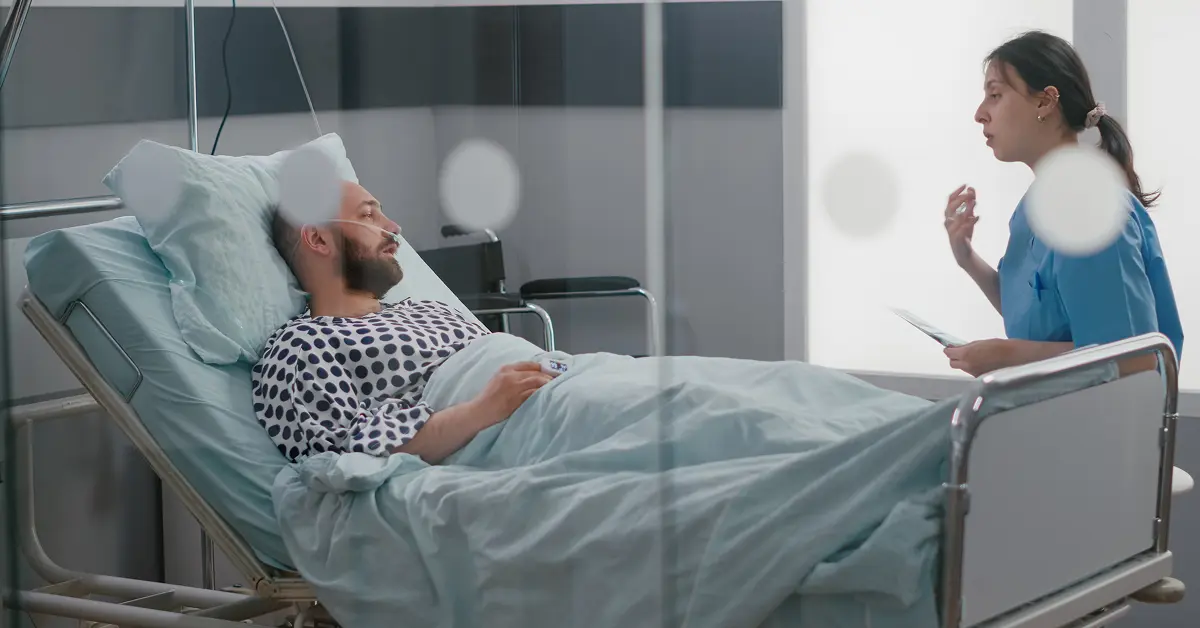Hospital discharge often brings relief to both patients and their families. It signals progress toward recovery and a return to the comfort of home. However, this transition from hospital to home can also be risky if not handled carefully. Many patients, especially older adults or those with chronic illnesses, end up being readmitted within days or weeks due to complications, poor follow-up, or misunderstandings of post-discharge instructions.
In India, hospital readmission rates are rising, particularly among senior citizens, heart patients, and post-surgical individuals. The good news is that most readmissions can be prevented with proper care planning and attention at home. Here are the key steps to follow after Hospital Discharge to ensure a smooth recovery and minimise the risk of return trips to the hospital.
Understand Your Discharge Summary Thoroughly
Before leaving the hospital, always request a detailed discharge summary from the attending doctor or hospital staff. This document includes:
- Diagnosis and treatment received
- Medications prescribed
- Dos and don’ts
- Follow-up appointment dates
- Warning signs to monitor
Don’t hesitate to ask questions if anything is unclear. Make sure a family member or caregiver also understands the instructions in case you need help later.
Schedule Follow-Up Appointments Immediately
Many patients delay or forget to schedule follow-up visits after discharge, leading to unmanaged symptoms and complications. Ideally, your first follow-up should be within 3–7 days, depending on your condition. These visits help the doctor evaluate recovery progress, adjust medications, and detect early warning signs.
Use reminders or smartphone alerts to ensure you don't miss these appointments.
Organise and Manage Medications Effectively
Medication errors are a leading cause of readmission. Changes to prescriptions during a hospital stay can create confusion. Here’s what to do:
- Review the list of current medications with your doctor or pharmacist
- Discontinue any drugs that are no longer prescribed
- Use a pill organizer or mobile app to track doses
- Maintain a medication chart at home
Ensure you understand when and how each medicine should be taken, especially for complex conditions like diabetes, hypertension, or heart failure.
Ensure Proper Home Care Support
Returning home doesn’t mean you're fully recovered. You may still need help with daily activities like bathing, dressing, wound care, or mobility.
Consider hiring trained home caregivers or nurses who can assist with:
- Monitoring vitals
- Administering injections or IVs
- Managing wound dressings
- Assisting with rehabilitation or physiotherapy
In cities across India, professional home healthcare services are easily available and can greatly reduce the risk of complications.
Monitor for Warning Signs of Relapse
Every condition has certain warning signs that indicate the need for urgent care. Educate yourself and your family about these.
For example:
- Chest pain, shortness of breath, or palpitations post-heart treatment
- High fever, swelling, or pus in surgical wounds
- Sudden fatigue, dizziness, or confusion in diabetic or hypertensive patients
Keep a contact list of your primary doctor, emergency hospital numbers, and local ambulance services handy.
Follow Dietary and Lifestyle Recommendations
Diet plays a crucial role in healing. After discharge, many patients go back to unhealthy or unsuitable eating habits.
Some tips:
- Follow doctor-recommended dietary guidelines (low-sodium, diabetic-friendly, soft food, etc.)
- Stay hydrated unless restricted
- Avoid smoking and alcohol
- Get adequate sleep and rest
You may need a dietitian’s guidance to plan post-discharge meals, especially after surgeries or chronic illnesses.
Incorporate Physiotherapy or Rehabilitation Exercises
After orthopaedic surgeries, strokes, or prolonged hospital stays, your muscles and joints may be weak.
- Start physiotherapy at home under expert supervision
- Use assistive devices like walkers, canes, or support belts if needed
- Don’t rush into full activity too soon—take gradual steps
Early rehabilitation enhances mobility, boosts confidence, and reduces falls or injuries that might lead to readmission.
Maintain a Recovery Journal
Tracking your recovery journey helps identify patterns, improvements, or setbacks. Maintain a simple journal that records:
- Daily blood pressure, sugar, or oxygen levels (as applicable)
- Symptoms you experience
- Sleep and appetite quality
- Medication intake times
This record is useful during follow-ups and gives doctors better insights into your progress.
Keep Your Home Environment Safe and Clean
A cluttered or unclean home can cause infections or accidents, especially among elders. Ensure:
- Clean bathrooms and dry floors to prevent falls
- Adequate lighting, especially near staircases
- Sanitized bedding and utensils
- No heavy lifting or stair climbing if not advised
Regular maid service or part-time caregiver help can assist with maintaining hygiene.
Stay Mentally and Emotionally Engaged
Many patients experience post-hospital blues or anxiety. Isolation and lack of routine can affect mental health, especially in elderly individuals.
- Encourage social interaction with friends and family
- Engage in light activities like reading, gardening, or prayer
- Seek counseling if anxiety or depression signs appear
- Use technology to stay connected virtually if physical visits are not possible
Mental wellness has a direct impact on physical recovery.
Final Thoughts
Hospital discharge is just the beginning of full recovery. A lapse in post-discharge care can result in serious setbacks and even emergency readmission. Whether you’re caring for a loved one or recovering yourself, these 10 steps can ensure safe healing at home.
Investing in professional caregiving, following doctor’s advice, and being observant of symptoms can make all the difference. With the rise of affordable home healthcare options in India, patients today have better support than ever before to recover confidently from the comfort of home.
Contents
- Understand Your Discharge Summary Thoroughly
- Schedule Follow-Up Appointments Immediately
- Organise and Manage Medications Effectively
- Ensure Proper Home Care Support
- Monitor for Warning Signs of Relapse
- Follow Dietary and Lifestyle Recommendations
- Incorporate Physiotherapy or Rehabilitation Exercises
- Maintain a Recovery Journal
- Keep Your Home Environment Safe and Clean
- Stay Mentally and Emotionally Engaged
- Final Thoughts
Our 24*7 services
Latest Posts
- What Is Respite Care and Why Is It Important
- Affordable home care for senior citizens in India
- Caring for Seniors with Dementia or Alzheimer's at Home
- Senior Caregiving A Guide for Every Family
- How to Write a Caregiver Resume That Gets You Hired
- How Care After Hospital Discharge Speeds Up Recovery at Home
- How to Get Home Health Care for Seniors Through Medicare
- What Does a Senior Citizen Caregiver Really Do at Home
- How to Care for Elderly Parents with Alzheimer’s or Dementia
- How to Get 24-Hour Care for Seniors at Home



